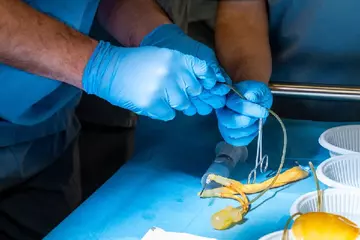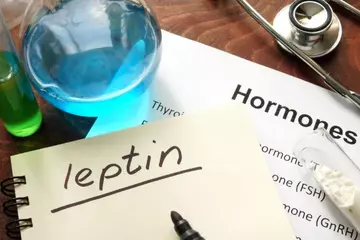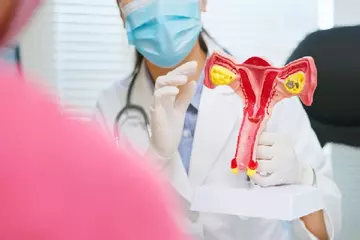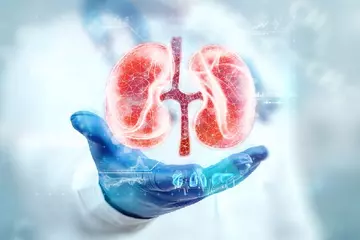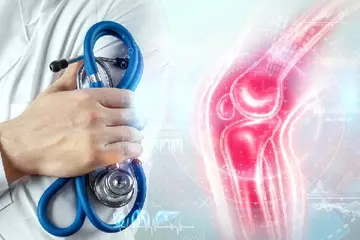What is selenium deficiency?
Selenium deficiency refers to the depleted levels of selenium in the body. It is a trace mineral that plays a significant role in the function of the immune system. While deficiency of selenium rarely occurs, it is more common in areas where the soil has low selenium content. This deficiency does not cause any illness by itself, but it makes one more susceptible to other illnesses.
What are its main signs and symptoms?
The most common symptoms of selenium deficiency are associated with certain diseases including:
- Keshan disease: Myocardial necrosis causing weakening of the heart, cardiac failure, cardiogenic shock and enlarged heart.
- Kashin-Beck disease: Cartilaginous tissues of the joints undergo breakdown, degeneration and cell death.
- Myxoedematous endemic cretinism: This occurs among infants born to mothers with deficient selenium and iodine content in the body. The infant shows symptoms of mental retardation.
Other symptoms include:
- Hypothyroidism
- Increased fatigue
- Goitre
- Mental retardation
- Miscarriages
- Hair loss
- Infertility
- Weak immune system
What are the main causes?
- The most common cause of selenium deficiency is a low dietary intake of selenium, which occurs when foods are grown in regions that have low selenium content in the soil.
- Deficiency of selenium may also occur as a result of reduced absorption of selenium due to Crohn’s disease or surgical removal of a part or whole of the stomach.
- Impaired absorption of selenium is more common among the elderly.
- Medications like statins and aminoglycosides have the potential to cause selenium deficiency.
How is it diagnosed and treated?
Diagnosis of selenium deficiency is usually made after a detailed history and physical examination.
Your doctor will advise the following investigations:
- Blood test to measure thyroid stimulating hormone (high levels of this hormone is an indicator of selenium or iodine deficiency).
- Blood test to measure selenium, glutathione peroxidase and selenoprotein levels.
Treatment of selenium deficiency involves incorporating selenium-rich food items in your diet and taking selenium supplements.
A number of multivitamin tablets also contain selenium.
Selenium-rich food items include:
- Seafood
- Meat
- Eggs and dairy products
- Bread, cereals, oatmeal and other food grains.

 Doctors for Selenium deficiency
Doctors for Selenium deficiency  OTC Medicines for Selenium deficiency
OTC Medicines for Selenium deficiency








